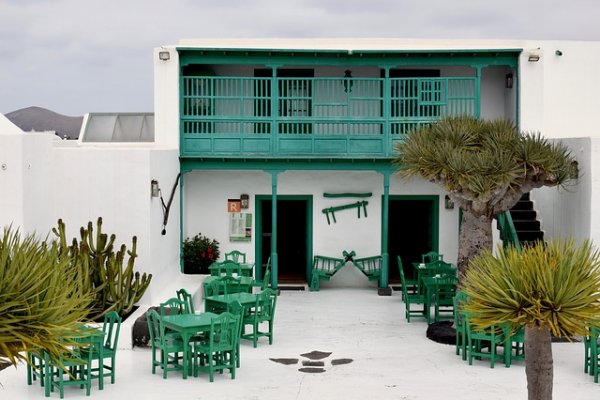Good practices in sustainable tourism
In the framework of the R.I.S.ToVET project we were looking for good practices in sustainable tourism. We, as well as our partners from Italy, Greece, Belgium and Germany, conducted a number of interviews with the owners of small and medium-sized tourism businesses and searched for information available online.
The first common lessons learned from the survey for all countries of the partnership include both the offer of such companies and their strategies. It is worth noting that when we talk about companies from the tourism industry, we mean here, apart from services related to accommodation activities, we also mean companies based on catering, exhibition and guide activities and many others that have found their place in the branch.
Most of the collected good practices are most often included in their offer (apart from basic activities such as accommodation) also:
- educational activities
- attractions that have a low environmental impact, most often in the open air (in the spirit of "slow")
- local and self-produced food
- organic farming.
The main strategy of action is to integrate tourism activities with other economic activities, such as agriculture. Then, ordinary activities connected with running a farm become activities - tourist attractions and, as a result, enrich the offer with the possibility of experience (experience in tourism is mentioned as one of the stronger trends).
It becomes also important to transform activities increasing environmental awareness into tourism activities. Here we can mention waste collection during trekking or upcycling workshops.
There is an integration of traditional practices with a focus on natural heritage with innovative technologies in energy, water and waste management, recycling/upcycling. For many actors, sustainability is becoming a brand in itself.
For a growing number of tourist business owners it is important to properly train staff and enter into cooperation with NGOs. The social aspect of such small businesses operating in the spirit of sustainable tourism is becoming very important, how the local community can contribute to its activities through employment but also through the provision of complementary goods and services (networking with local suppliers and/or other tourism businesses, relationship with local communities).
One of the most popular strategies is also the integration of sustainable development and sport (e.g. hiking, cycling, diving).
Some of the surveyed entities try to reach the "zero waste" ceiling or declare a move away from disposable products. Local and/or traditional and/or organic food and catering is becoming increasingly important.
More about project: R.I.S.ToVET


